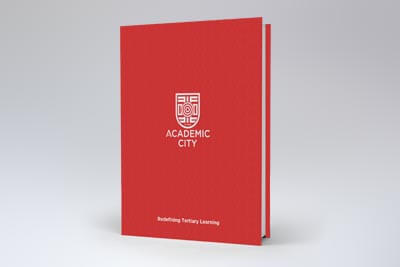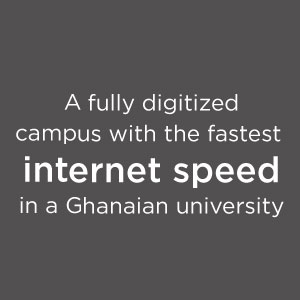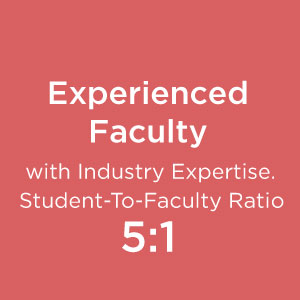

BSc Artificial Intelligence
Go a Step Further with Smart Tech
Artificial intelligence (AI) makes it possible for machines to learn from experience, adjust to new inputs and perform human-like tasks. Most AI examples that we hear about today – from chess-playing computers to self-driving cars – rely heavily on deep learning and natural language processing.
Using these technologies, computers can be trained to accomplish specific tasks by processing large amounts of data and recognizing patterns in the data in Health Care, Agriculture, Transportation, Engineering, Manufacturing, Retail, Banking, etc.
These advanced in AI and Machine Learning offer tremendous opportunities across the spectra of human endeavors and are poised to reshape future technologies and workforces.
BSc Artificial Intelligence AT ACity
In this program, we explore the ethical dimensions of AI, its strategic impact as well as the core programs and adjacencies such as robotics, informatics, and data analytics.
Our future industrialization efforts across the spectrum of key strategic areas such as manufacturing, healthcare etc. are pivoted around artificial intelligence, hence, we can no longer wait to join the AI and robotic wagon.
The aim of the BSc in Artificial Intelligence (AI) is to equip our graduates with knowledge in emerging advances in computational, decision-making sciences and technologies that allow computers and machines to function in an intelligent manner both in accurate prediction of events and outcomes.
January 2026 Intake Is Open

Apply Now
Start your journey towards higher education by submitting your online application today! Click the 'Apply Now' button below and fill out the required information. Apply now and take the first step towards realizing your academic goals.
Top Careers in Artificial Intelligence
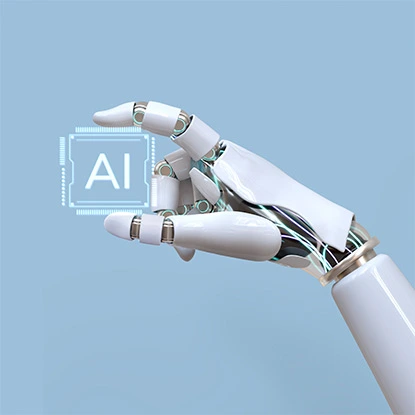
Graduating students of this programme will be able to select, create, apply, integrate, and administer computing technologies in order to meet the needs of users within societal and organizational contexts. Some top career options include;
| Business Intelligence Developer | Machine Learning Engineer |
| Computer Vision Engineer | Applications Developer |
| Cyber Security Analyst | AI Research Scientist |
| Application Analyst |
Entry Requirements
Minimum C6 in 6 subjects including 3 core subjects (Maths and English mandatory) and 3 elective subjects. (Elective/Add/Further Maths and Physics mandatory)
Minimum D or a pass in 6 subjects including 3 core subjects (Maths and English mandatory) and 3 elective subjects. (Elective/Add/Further Maths and Physics mandatory).
Minimum of 5 credit passes in the IGCSE/O-Levels (Maths and English mandatory) and 3 passes in the A-Levels. (Elective/Add/Further Maths and Physics mandatory).
Minimum of 5 credit passes in the IGCSE/O-Levels (Maths and English mandatory) and a minimum score of 4 points in 3 Higher Level (HL) subjects. (Elective/Add/Further Maths and Physics mandatory)
Minimum of 50% overall average pass. (subject to approval NAB) Maths, English and Physics mandatory
Minimum GPA of 3.0 (Maths, English and Physics mandatory)

Want To Know
More Information
Get the course pdf or offline application form below
Course Outline
Communication Skills
French Language
Fundamentals of Innovation and Entrepreneurship (FIE) Seminar I
Introduction to Programming with Python
Physical Sciences
Technology and Society
Pre-Calculus (with MATLAB)
Data Analysis using MS Excel
Fundamentals of Innovation and Entrepreneurship (FIE) Seminar II
Logic and Critical Thinking
Text and Meaning
Analytic Geometry and Calculus I (with MATLAB)
Principles of Microeconomics
Programming in C
Financial Accounting I
Introduction to Artificial Intelligence and Robotics
Fundamentals of Innovation and Entrepreneurship (FIE) I
Leadership Seminar I
Analytic Geometry and Calculus I (with MATLAB)
Fundamentals of Logic Design
AI: Representation and Problem-Solving
Data Structures and Algorithms
Introduction to Computer Systems
Object Oriented Programming with C++
African Studies
Fundamentals of Innovation and Entrepreneurship (FIE) II
Probability, Statistics and Reliability (with MATLAB)
Applied Linear Algebra (with MATLAB)
Computer Architecture and Organisation
Design and Analysis of Algorithms
Signals and Systems
Leadership Seminar II
Applied Probability and Computing (with MATLAB)
Discrete Mathematics (with MATLAB)
Digital Signal Processing
Great Theoretical Ideas in Computer Science
Machine Learning
Object Oriented System Design
Project Management, Engineering Economics and Risk Analysis
Computational Neural Networks
Computer Vision
Industry Internship
Natural Language Processing
Research Methods in Computing
Autonomous Agents
Computational Perception
Intermediate Data Analytics
Introduction to Deep Learning
Project Phase I
Speech Processing
Professional Ethics and Values
Advanced Data Analytics
Intermediate Deep Learning
Design of Artificial Intelligence Products
Project Phase II



